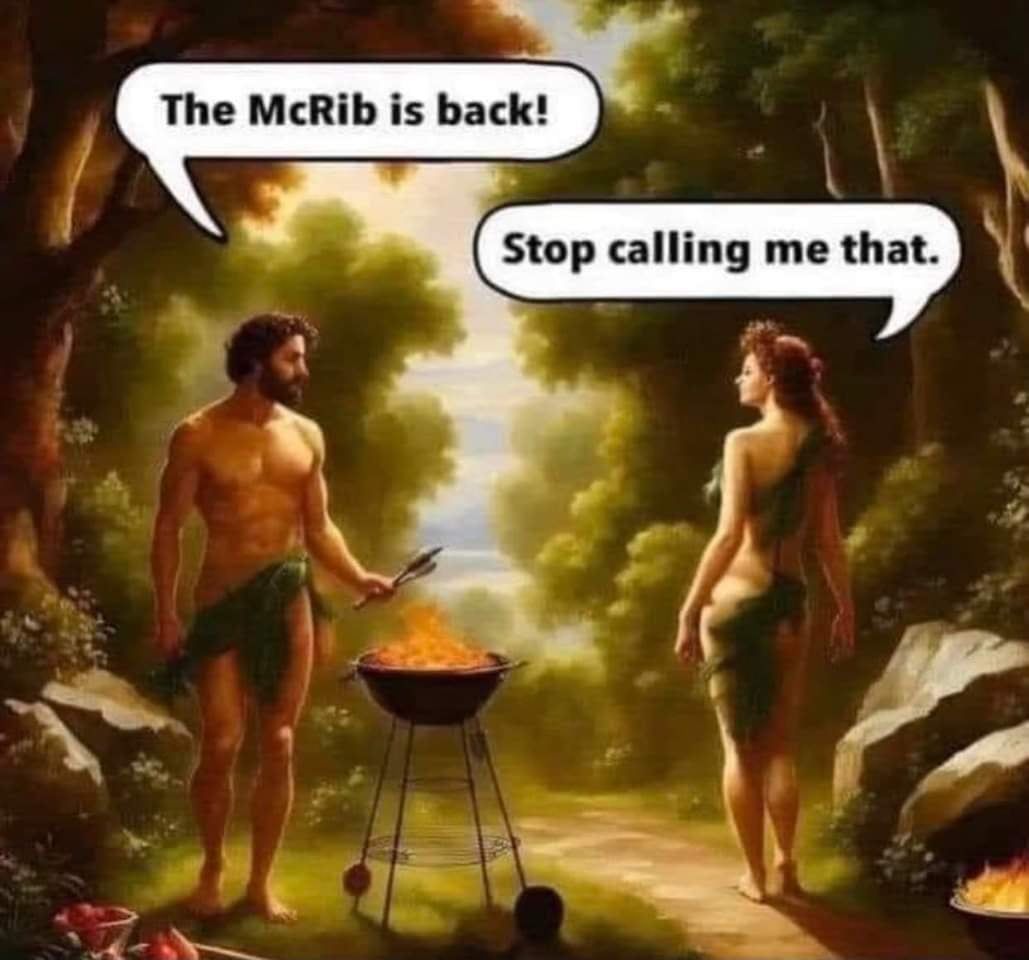this post was submitted on 04 Apr 2024
573 points (97.5% liked)
memes
10442 readers
2552 users here now
Community rules
1. Be civil
No trolling, bigotry or other insulting / annoying behaviour
2. No politics
This is non-politics community. For political memes please go to !politicalmemes@lemmy.world
3. No recent reposts
Check for reposts when posting a meme, you can only repost after 1 month
4. No bots
No bots without the express approval of the mods or the admins
5. No Spam/Ads
No advertisements or spam. This is an instance rule and the only way to live.
Sister communities
- !tenforward@lemmy.world : Star Trek memes, chat and shitposts
- !lemmyshitpost@lemmy.world : Lemmy Shitposts, anything and everything goes.
- !linuxmemes@lemmy.world : Linux themed memes
- !comicstrips@lemmy.world : for those who love comic stories.
founded 1 year ago
MODERATORS
you are viewing a single comment's thread
view the rest of the comments
view the rest of the comments

Or the original Hebrew (or Aramaic, I can't remember) word 'tsela' meaning 'side' or 'half' (the same word used for talking about one side of a double door). Much less sexist than rib.
source
Hebrew speaker here, I haven't heard it used to describe doors (maybe it's used in professional lingo?), but it's definitely used for the sides of a polygon, e.g. a triangle has 3 sides = למשולש יש 3 צלעות.
Worth noting that modern spoken Hebrew is significantly different from biblical Hebrew so it's not out of the question that the meanings of words have been warped over time. And I'm no expert in either language.
It is used in another place in the Bible for this.
That's probably a better example. I only picked the doors example because it was the best one that I knew of an instance of the word being used that way.
"God created Eve from ’aḥat miṣṣal‘otaiv (אַחַת מִצַּלְעֹתָיו), traditionally translated as "one of his ribs". The term can mean curve, limp, adversity and side.", per Wikipedia
Different sources somehow use different words, so I'm curious what the actual words were.
Not an actual argument from your point, as it can still be translated as side, but the video and all other instances I can find differ on the actual words used.
But this is why language context matters, a word being able to be used in multiple ways muddies the waters of intention when viewed from a perspective of 2500 years later.